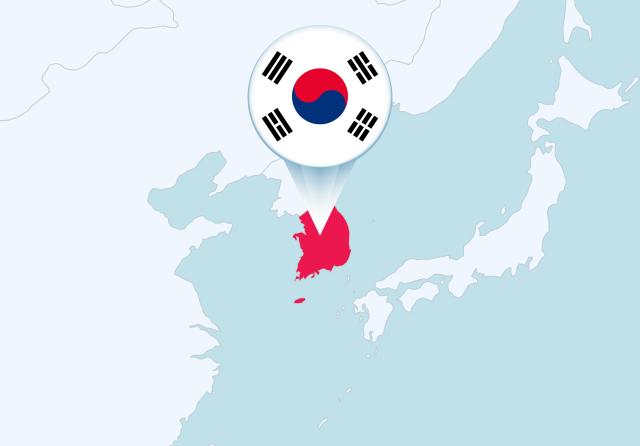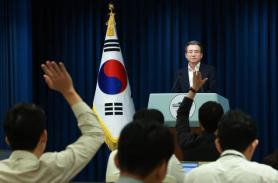
Because South Korea remains technically in a state of ceasefire with North Korea, the country imposes strict regulations on domestic map service providers to conceal the exact locations of military bases and facilities. Many of these sites are either blurred, unsearchable, or altered to appear as ordinary terrains such as hills, forests, or rice paddies in satellite image-based services.
The Ministry of Land, Infrastructure and Transport will convene a committee on September 11 comprising ministers from eight government agencies and the National Intelligence Service chief to review Google's application to transfer 1:5,000 scale domestic maps to its overseas data centers.
Google submitted the request in February, marking its third attempt since 2007 and 2016 to obtain approval for exporting the detailed maps. The U.S. tech giant previously faced rejections due to national security concerns raised by Seoul.
The timing coincides with recent South Korea-U.S. tariff negotiations, where Washington had criticized Seoul's digital regulations as one of the non-tariff barriers. However, the map export issue was notably absent from the final trade agreement reached between the two allies.
"High-precision maps were among the earliest topics discussed, but as trade negotiations progressed rapidly, we defended that position," said policy chief Kim Yong-beom of the presidential office, during a presidential briefing following the tariff talks. "There will be no additional concessions on that front."
Kim indicated the security-related matter would likely be addressed during upcoming summit talks between the two countries, separating it from trade discussions.
Members of the Lee administration have expressed cautious positions on the map export request.
Land Minister Kim Yun-duk said during his confirmation hearing that while trade considerations merit "forward-looking review," national defense and public safety take precedence.
Culture Minister Chae Hwi-young similarly emphasized the need for "careful consideration of comprehensive impacts on national security and domestic industry."
Copyright ⓒ Aju Press All rights reserved.


![[K-Tech] LG CNS becomes first Korean firm to secure AI certifications from three major cloud providers](https://image.ajunews.com/content/image/2025/07/31/20250731123539720678_278_163.jpg)

